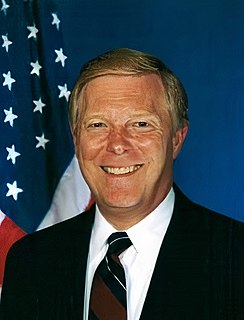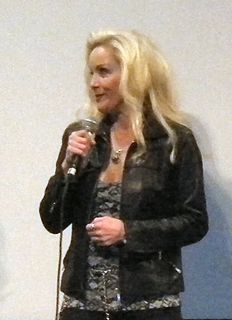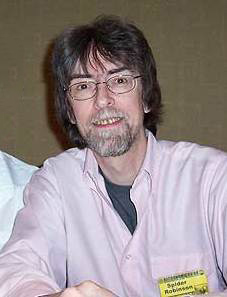A Quote by Megan Phelps-Roper
My church's antics were such that we were constantly at odds with the world. That reinforced our 'otherness' on a daily basis.
Related Quotes
If churches saw their mission in the same way, there is no telling what might happen. What if people were invited to come tell what they already know of God instead of to learn what they are supposed to believe? What if they were blessed for what they are doing in the world instead of chastened for not doing more at church? What if church felt more like a way station than a destination? What if the church’s job were to move people out the door instead of trying to keep them in, by convincing them that God needed them more in the world than in the church?
We thought that the odds of things working OK were up in the upper 90 percent or we wouldn't have gone. But the - there were some problems cropped up on the flight but was able to take care of those OK and - although they were things that we hadn't really trained that much for. But it was the time of the Cold War and so there were was a lot of pressure on the - to get going and the Russians were claiming that they were - Soviets were claiming they were ahead of us in technology.
Our friendship was like our writing in some ways. It was the only thing that was interesting about our otherwise dull lives. We were better off when we were together. Together we were a small society of ambition and high ideals. We were tender and patient and kind. We were not like the world at all.
I always tell our community that we should attract the people Jesus attracted and frustrate the people Jesus frustrated. It's certainly never our goal to frustrate, but it is worth noting that the people who were constantly agitated were the self-righteous, religious elite, the rich, and the powerful. But the people who were fascinated by him, by his love and grace, were folks who were already wounded and ostracized — folks who didn't have much to lose, who already knew full well that they were broken and needed a Savior.
The problems of today's youth were no longer a Sunday supplement, or a news broadcast, or anything so remote and intangible. They were suddenly become a dirty, shivering boy, who told us that in this world we had built for him with our sweat and our blood, he was not only tired of living, but so unscared of dying that he did it daily, sometimes for recreation.





































